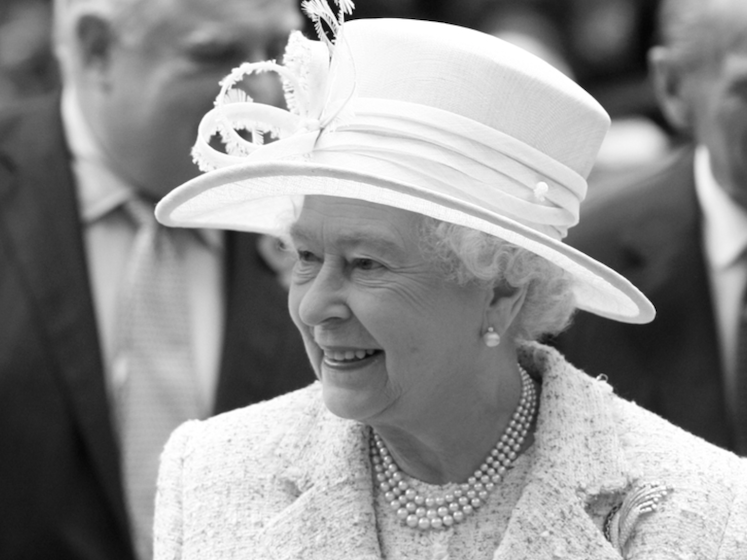
It was with great sadness that we learnt of the announcement from Buckingham Palace of the death of Her Majesty The Queen.
Queen Elizabeth II acceded to the throne in 1952 and witnessed innumerable global changes throughout her reign.
At the time of her coronation in 1953, the United Kingdom still had national service and rationing in place after World War II. The welfare state was in its infancy and the Suez crisis, a tipping point for UK foreign policy, was still in the future. She lived through many more global conflicts, an ever-shifting foreign policy landscape and domestic upheaval, including profound changes in societal attitudes to race relations, women’s equality and LGBT rights.
LSE has had connections to the Royal family from its inception. The Queen’s grandfather George V laid the foundation stone of the Old Building in 1920 and Princess Anne has been the Chancellor of University of London, and LSE, since 1981, visiting campus on many occasions. Many members of the LSE community will remember the Queen’s visit to the School when she opened the New Academic Building in 2008, asking during a discussion of the credit crunch, “how come nobody could foresee it?”. This precipitated a letter from 10 eminent economists explaining the timing, extent and severity of the crisis. In more recent times the Duchess of Cambridge visited LSE to meet experts in early years development and Sophie, Countess of Wessex unveiled the renamed LSE Towers after central figures in the British suffrage movement. Many members of our alumni, friends and partner community have also been recognised and honoured by the Queen for their contributions to societies around the world.
Throughout her lifetime Her Majesty The Queen took a keen interest in the economy and many other issues related to LSE’s founding purpose and work to ‘understand the causes of things’. As we reflect on the role she played in public life, and think of her family and the many people whose lives she touched, we will continue to confront and debate the issues facing us. Open discussion and sharing of ideas will lead to the best hope of foreseeing future challenges, and solutions, in our rapidly changing world.
The School has sent our deepest condolences to Princess Anne, in her role as the Chancellor of University of London, and the whole of the Royal Family.